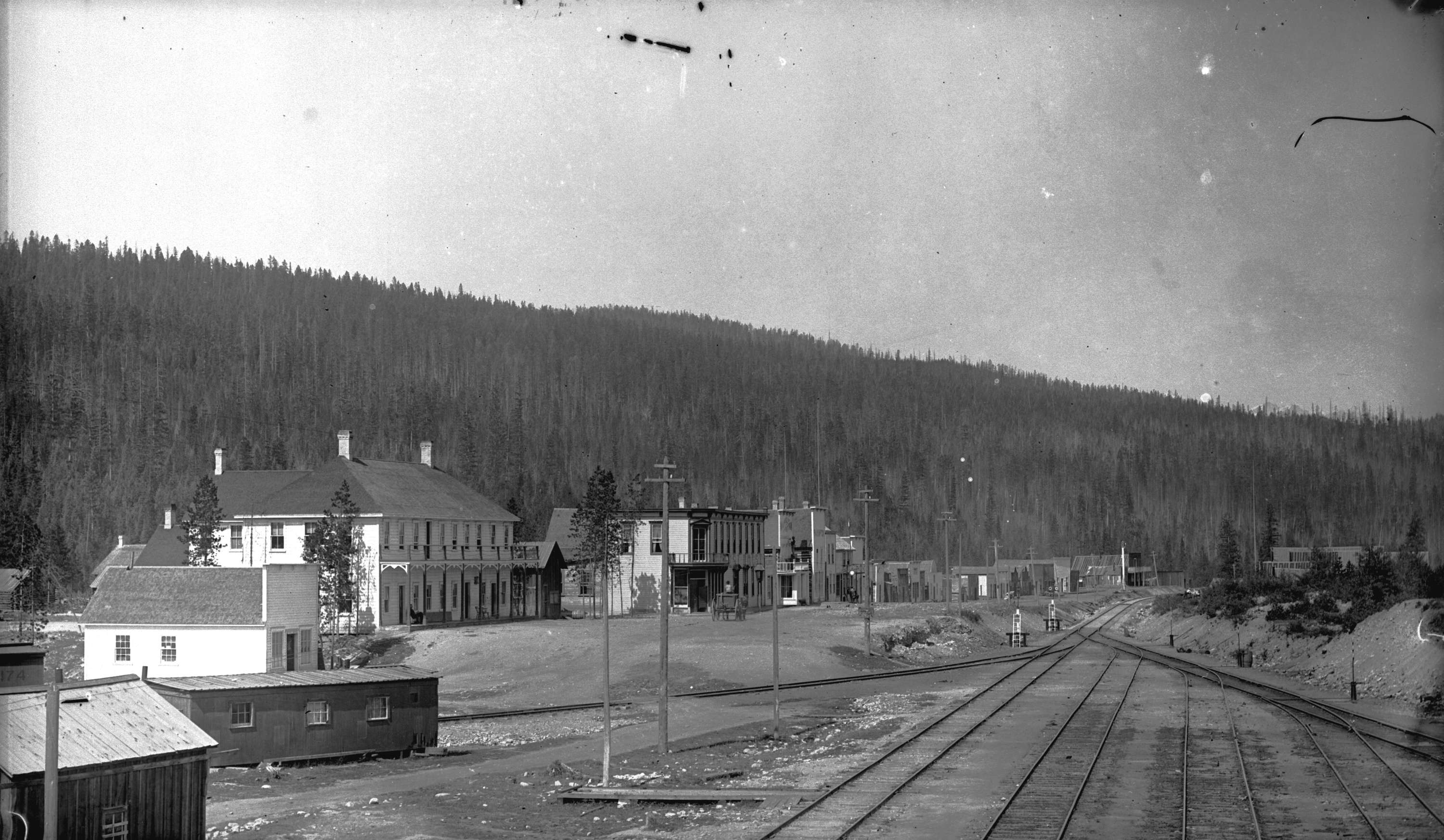DESIBUZZCanada
Events Listings
Dummy Post

International Day Of Yoga To Be Virtually Celebrated Saturday At 4pm

CANCELLED: Coronavirus Fears Kills Surrey’s Vaisakhi Day Parade

ADVERTISE WITH US: DESIBUZZCanada Is The Most Read South Asian Publication Online

SURREY LIBRARIES: Get Technology Help At Surrey Libraries

WALLY OPPAL: Surrey Police Transition Update On Feb. 26

GONE ARE THE DAYS - Feature Documentary Trailer

Technology Help At Surrey Libraries

Birding Walks

Plea Poetry/short Story : Youth Contest

International Folk Dancing Drop-in Sessions
LIFE IN DONALD: BC: Working In A Lumber Town Taught Me The Value Of Hard Work
- November 30, 2020

By Balwant Sanghera – FOURTH IN A SERIES ON MY LIFE
Working in lumber-sawmills was one of the major sources of employment for Indo-Canadians especially till the 1980s. In addition to a large number of saw mills in Metro Vancouver there were also a lot of lumber mills on Vancouver Island and the interior of BC. This was more so in small communities like Port Alberni, Lake Cowichan, Duncan, Williams Lake, Quesnel, Vanderhoof, Smithers, Golden, Mackenzie etc. The wages for mill workers were good. Also, their employment was more or less guaranteed. Before starting my studies at Simon Fraser University in September, 1966 I had an opportunity to work in a saw mill in Donald, BC. It was a small mill community about 20 kilometers west of Golden on Highway 1. Golden is a small and beautiful tourist town. Thanks to Gurdial (Bill) Singh Dhami, a pioneer of our community, who had established a base in Donald a few years earlier, about 30 Indo-Canadians were employed in the saw mill there. They lived in two bunkhouses provided by the mill management. There was a cook house close by. It seemed like one big family.
Donald had a small CPR station that was used to haul finished lumber from the mill. Also, Columbia River flows close by. The mill had two shifts-day and night. The workers on night shift would cook meals for those working during the day and the day shift people would get meals ready for the night shift people. It was a good working arrangement. I was given the responsibility of attending to correspondence -reading and writing letters etc. to the relatives of my fellow workers in India. Also, Bill Dhami and I would act as interpreters /translators for the workers and help them with their immigration related paper work etc. Occasionally, the immigration officers from Cranbrook or Kamloops would visit to assist with or inquire about the applicants. All of us took good care of each other. It was like a friendly and close family environment. The situation was similar in many other smaller communities with mills in BC.

Friday was a special day. We would go to Golden to deposit/cash our cheques and buy groceries and other needed stuff. A few would buy beer and hard liquor to enjoy themselves on the weekend. Weekend was the time to have fun. There were a couple of good entertainers who would entertain the rest of us. Some of us wold go to swim in the nearby Columbia River. Others would engage in sports and related activities. Once in a while we would have picnics to-gether. At the mill, most of the Indo-Canadian workers were working on either the green chain (the saw mill) or the dry chain (planer). Pulling lumber on the green chain was tough as the lumber was green and heavy. I worked on the green chain for about a week. One day, the mill superintendent found out that I was fairly fluent in English. He needed someone to help the Indo-Canadian workers on the dry chain with instructions in English from time to time. So he switched me over to work on the dry chain. It was a bit easier as the boards were kiln dried and had just come out of the kilns. Soon I was promoted from the dry chain to the position of planer feeder which was a lot easier but more responsible work.
While working for Donald, one of my co-workers, Jim, was the son of the mill owner. He was about the same age as me. As usual, I was surprised to learn that Jim, being the son of the mill owner, worked on the dry chain like us. So I asked him how come he was working at the mill like us and everyone else?’ His answer surprised me and made me keenly aware about one of the great principles of work and work ethic here in Canada. Jim replied that the mill belonged to his dad, not him. He was just a worker like all of us and didn’t have any special privileges. He was making the same wages as us -$2.00 an hour. Incidentally, mill workers on the coast were getting 50 cents more ($2.50 an hour). To-day, that amount seems to be meagre but at that time it was a lot as the relative prices of goods and services were also compatible. Same was the case of Real Estate. For example, a normal new three bedroom home in South Vancouver (where my brother and family lived) was around $ 25,000 in 1966.
Those few months spent in a wilderness setting working in the saw mill in Donald gave me a very interesting and useful perspective on life in Canada. I still cherish that experience.

Balwant Sanghera is a retired School Psychologist and Community Activist.












